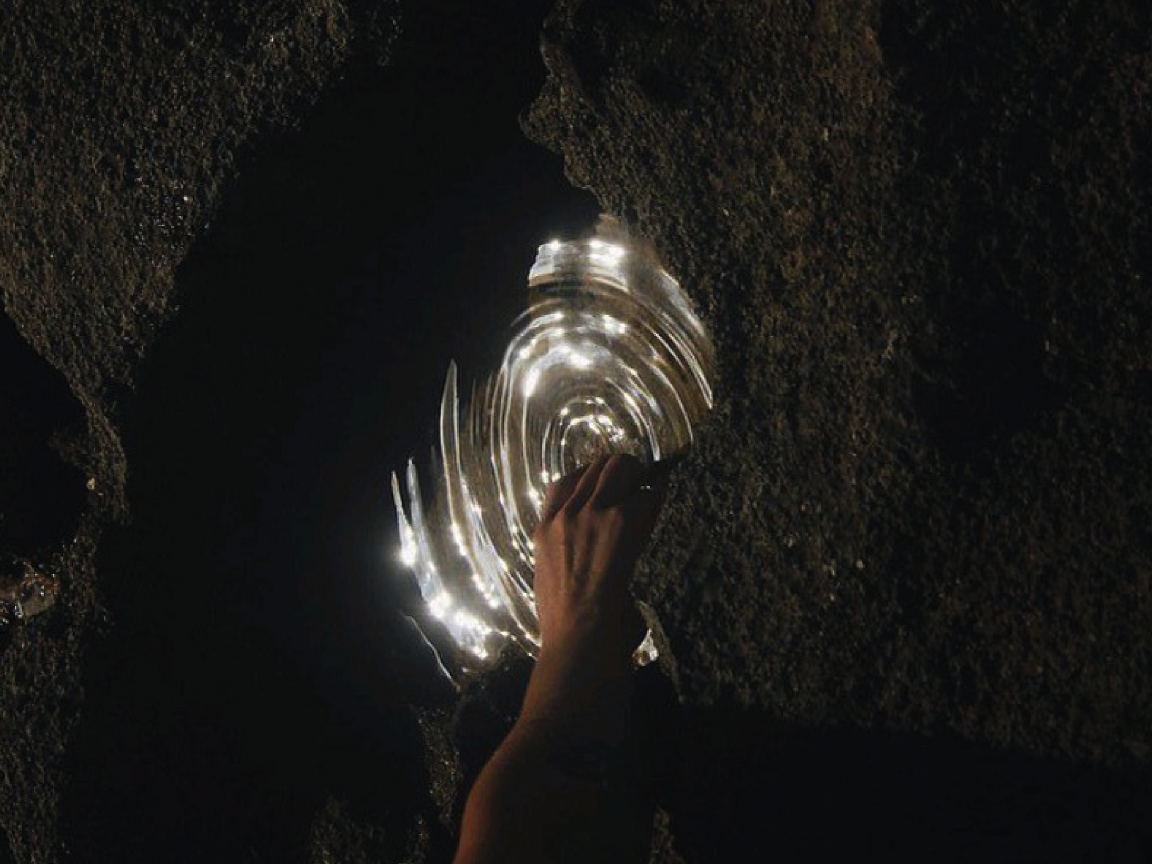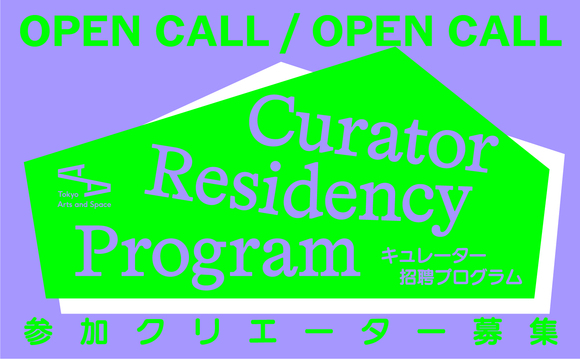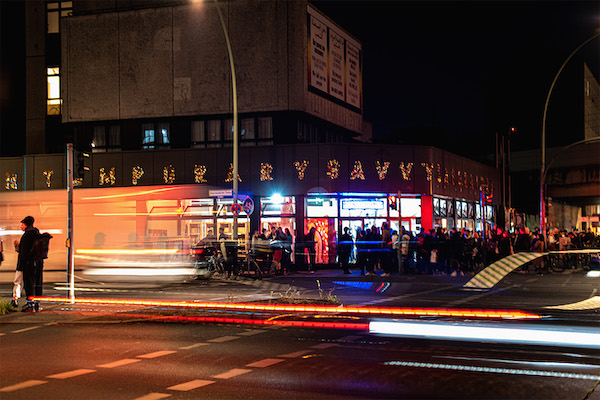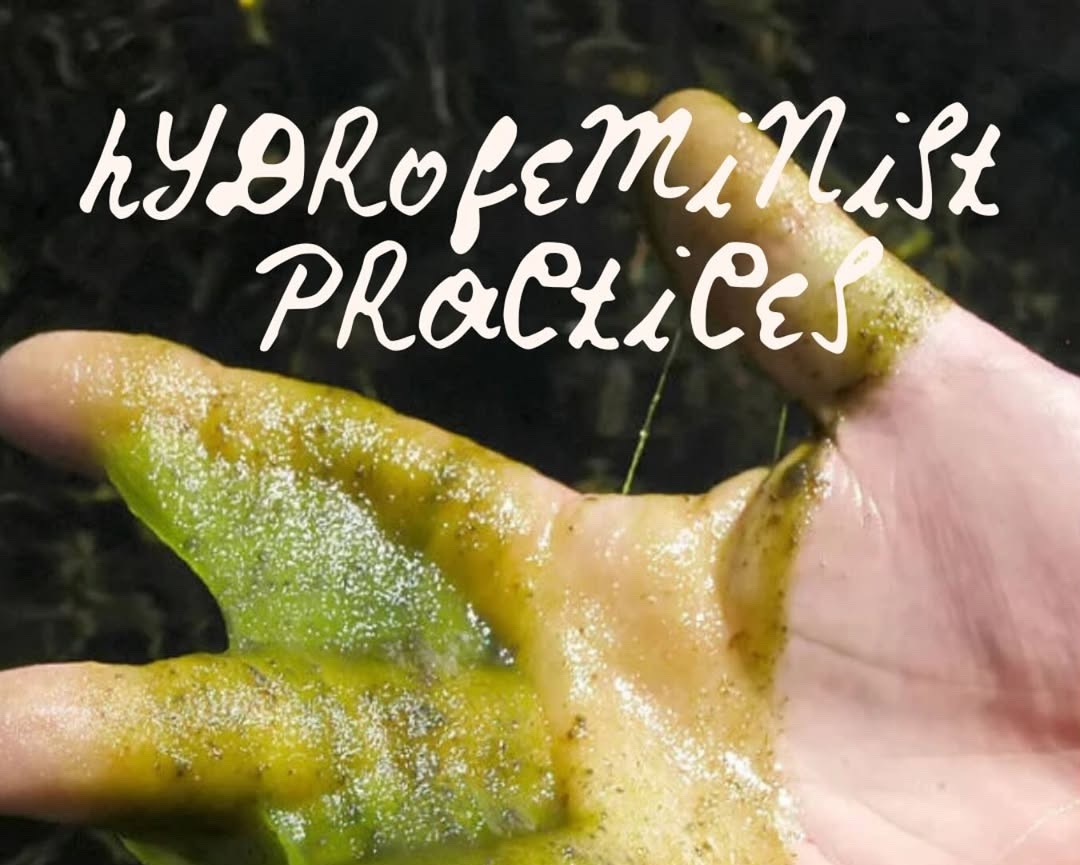Introduction to Queer Ecology
Queer ecology explores the intersections between ecological studies, environmentalism, and queer theory. This interdisciplinary approach challenges traditional views on nature, gender, and sexuality by recognizing the fluidity and interconnectedness of life forms and ecosystems. It rejects human exceptionalism, anthropocentric interpretations, and dualistic thinking, emphasizing the complex and non-linear nature of the environment. Queer ecology fosters a deeper understanding of how diverse identities transcend boundaries and coexist in a rich web of symbiotic relationships.
Posidonia Oceanica: A Model of Symbiosis
Posidonia oceanica, or Neptune grass, is an endemic seaweed of the Mediterranean Sea. It resembles terrestrial plants with its roots, rhizomatous stem, and long, ribbon-like leaves. Its hermaphroditic nature allows it to flower and produce floating fruits. The fibrous remnants of Posidonia form egagropils, also known as Neptune’s Balls, which accumulate on shorelines. This aquatic plant creates underwater grasslands, forming the climax community of the Mediterranean Sea and providing a habitat for various animal and plant species.
Residency Overview: Posidonieto
Posidonieto is a practice-based residency designed to recreate the biosphere’s symbiotic dynamics. Approximately 12 young Italy-based arts and culture practitioners will participate. Each participant will share a practice related to their experience, fostering dynamic knowledge exchange. The daily program will include workshops, interdisciplinary practices, and moments of conviviality, all focused on environmental humanities and care. The residency aims to promote ecological frameworks within the artistic community.
Practical Information
Dates: October 1-15, 2024
Location: Fondazione Lac o Le Mon, San Cesario di Lecce, Italy
Travel: Accessible by train (San Cesario di Lecce station), plane (Aeroporto del Salento in Brindisi), and car.
Lodging: Shared rooms at La Casa Cafausica, with essential services and minimalistic living conditions.
Meals: Provided, with shared meal preparation and kitchen cleaning.
Fee: €15/day for workers, €10/day for students.
Application Deadline: May 31, 2024
Candidates can apply by submitting an online portfolio/website, a short bio, and a practice proposal in Italian or English. Fill out the application form here.
Residency Activities
- Guided Meditation: One session inspired by Deep Listening, fostering a deep sense of interconnectedness with the ecosystem.
- Self Productions: Foraging walk and self-production laboratory using local and seasonal plants for crafting medicines, recipes, or fabric dyes.
- Reading Divinations: Participating in reading groups and bibliomancy divinations with queer ecology-focused texts.
- Beach Readings: Beach clean-up followed by bone-throwing divination practice with found objects.
- Land Shibari: Exploring trust and connection through Shibari, relating to ecosexuality and the intimate relationship with the Earth.
The Hosts
Fondazione Lac o Le Mon, founded in 2015 by artists Emilio Fantin, Luigi Negro, Giancarlo Norese, Cesare Pietroiusti, and Luigi Presicce, operates from La Casa Cafausica. This experimental arts center emphasizes self-led education, resource awareness, and collaborative projects. Zoë De Luca Legge, the curator, focuses on postnatural and transfeminist studies, fostering slow, process-oriented, and collaborative projects.











